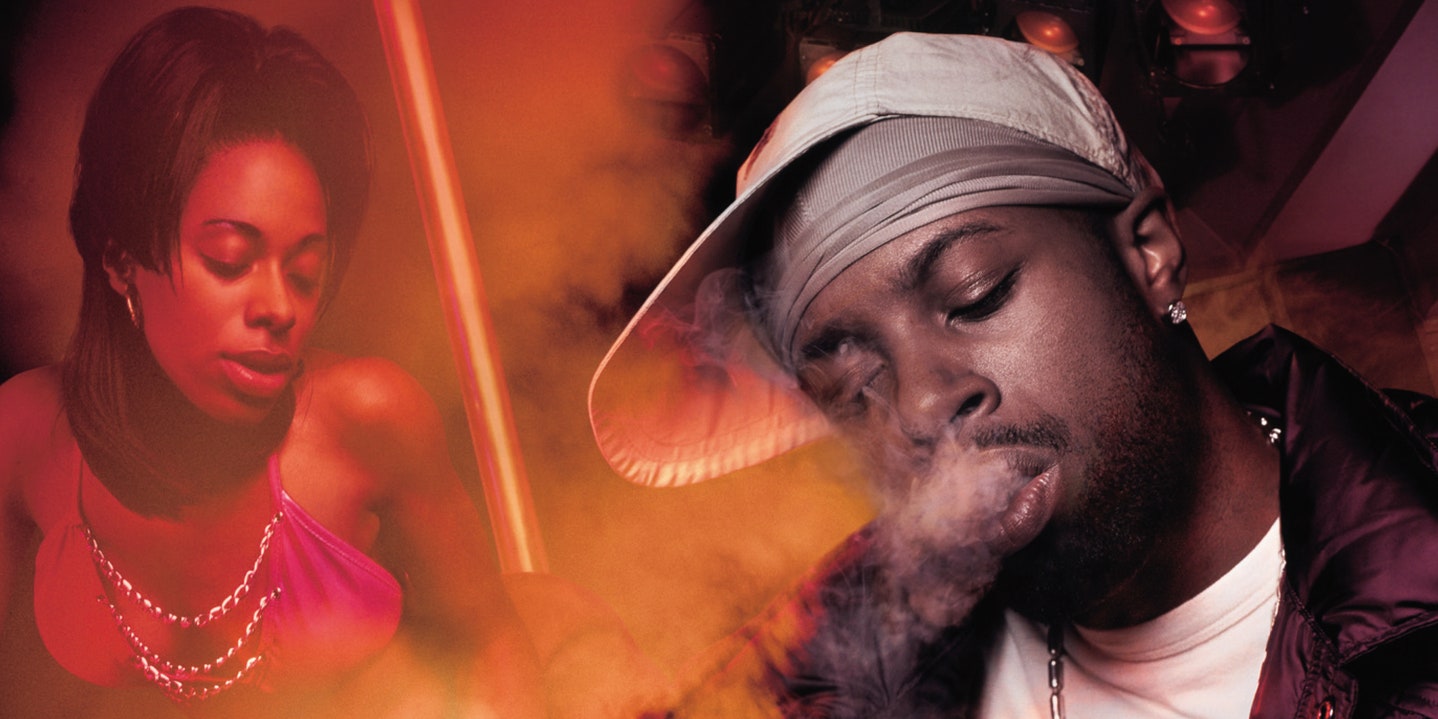When you look at the entire career of James Dewitt Yancey, it becomes crystal clear: The Detroit producer and rapper modified pop music by changing hip-hop several times over.
BBE Music just released a 20th anniversary remastered edition of his highly influential and experimental debut studio album Welcome 2 Detroit. The LP was a career mid-point of sorts for the prolific producer, and the new release features instrumental versions of its every track, cassette demos, re-mixes, and alternates.
It took the mainstream a second to catch up to Yancey, as it always does. Jay Dee wasn’t selling millions of records when he was alive. (He died of Lupus in 2006 at the age off 32). But when it did, it did. Look at Charles Mingus and Jean-Micheal Basquiat—the mainstream loves to profit off Black art after the artist is deceased.
“The Diff’rence,” off his final album Donuts, can take me way, way out, reminiscing over its Kool and The Gang sample—the “Fruitman” horn line joy!—and the bittersweet pang of hearing J Dilla in his last days. He was giving blessings on high for the gift of life, notes slipping gently from fingers, ears, and his entire body, still able to program uninterrupted bliss out of a sampler in the hospital. I still catch a tear off that joint.
J’s classic album Donuts is the blueprint for beat-tapes today. Go ask Knxwledge, Teebs, Flying Lotus, or listen to some classic Ras G. Figure it out. But you’d be a damn fool not to recognize the foundational work that evolved into this micro-genre that only really Madlib remains the master of today.
In fact, Dilla’s dedicated cult following grew exponentially when he expired from this earth. They now debate all takers on the multitude of samples used on Donuts and The Shining—cats became experts overnight!—and completely disregard the producer’s Herculean mid-to-late-’90s task of transitioning underground hip-hop, lo-fi R&B, and neo-soul into the New Black Aesthetic.
Take his 1995 production of the hit “Runnin'” by The Pharcyde under the moniker Jay Dee, which cracked the code for presenting a real thick, bass-bin-rattling feel, loaded with swing, that could speak to and move everybody. Back then tapping his production skills, especially on your remix, meant you wanted musicality permeating your track. Extra bump with a mysteriously-off, floaty drum sequence, un-quantized, but still in the pocket. Add in for good measure horns, strings, and guitar snippets from the most eclectic platters to be found in dusty old record stores, or maybe in your parents’ collection.
The Pharcyde had perfected this vulnerable, street, crazy identity—an anomaly in hip-hop at the time. The vibe was evidenced by the “Quinton’s On His Way” skit from their first album Bizarre Ride II the Pharcyde, which documents that warm feeling the crew got knowing their weed dealer is “en route” after sending said page.
Help us save local journalism!
Every tax-deductible donation helps us grow to cover the issues that mean the most to our community. Become a 48 Hills Hero and support the only daily progressive news source in the Bay Area.
On “Runnin’,” Dilla pinpoints the group’s quirky persona, contrasting insecurity and awkwardness with a pensive Stan Getz and Luis Bonfá “Saudade Vem Correndo” sample. It’s a rich text, illuminating segments of Getz’s sax solo in pastel layers, the sun cutting through clouds, still gassed up on that “chunky” boom-bap. When the kick-drum accents those flickering samba guitar tones? Game over. Dance floor destroyed.
Full of color and light, verve and sonic arrangement, without an ounce of artistic compromise, the song peaked at 55 on the Billboard Hot 100 and reached number 35 on the US R&B chart in 1995. This new swing cooked up by Yancey felt street, refined, and comfortable existing in dualism—a frequency not at all lost on Black people. This heavy-kit version of underground hip-hop sold records, shook asses, and felt regal. It was Home.
J-Dilla—the name bestowed on him by Busta Rhymes that debuted with the release of Welcome 2 Detroit—was a scientist disguised as a producer, making harmonious joints that hard-knocks from both coasts would nod to, R&B-loving ladies could get in their zone to, and backpack rappers and bedroom DJs could feel that mighty unhinged swing like never before. Jay Dee worked Stan Getz into the culture, charting the Brazilian influence to blow like freedom.
Prog rock, disco, house, techno—all parts of his record collection—made it into his tracks.
Being from Detroit he might have looped up some Anita Baker too, just out of respect.
Everything played. While Puffy was paying Sting, Mtume, Rene and Angela, Herb Albert, and Led Zepplin top dollar for the obvious samples, Dilla was turning the same late ’90s hip-hop world onto Azymuth, schooling the culture on Oneness of Juju, presenting ideas about experimental “robot pop,” by those Kraftwerk influences. Remember, Detroit created Metroplex. Soon, other Brazilian melodies, this time from Earth Wind & Fire, got added to the eclectic textures jumping out from his sampler.
By the time he was ready to make his first album, Dilla had taken mainstream hip-hop to a far more experimental and complex place than where he found it.
On Monday, February 26th, 2001, Welcome 2 Detroit became his first solo outing. It was an attempt to separate himself from all the production work during the latter part of the previous decade that he did for Q-Tip, Keith Murray, A Tribe Called Quest, The Roots, D’Angelo, De La Soul, Pharcyde, Janet Jackson, Erykah Badu, Slum Village, and Common.
Upon the album’s re-release, it’s as good a time of ever to remember its producer’s power. J Dilla might have saved “your life,” but he certainly did more than that.

